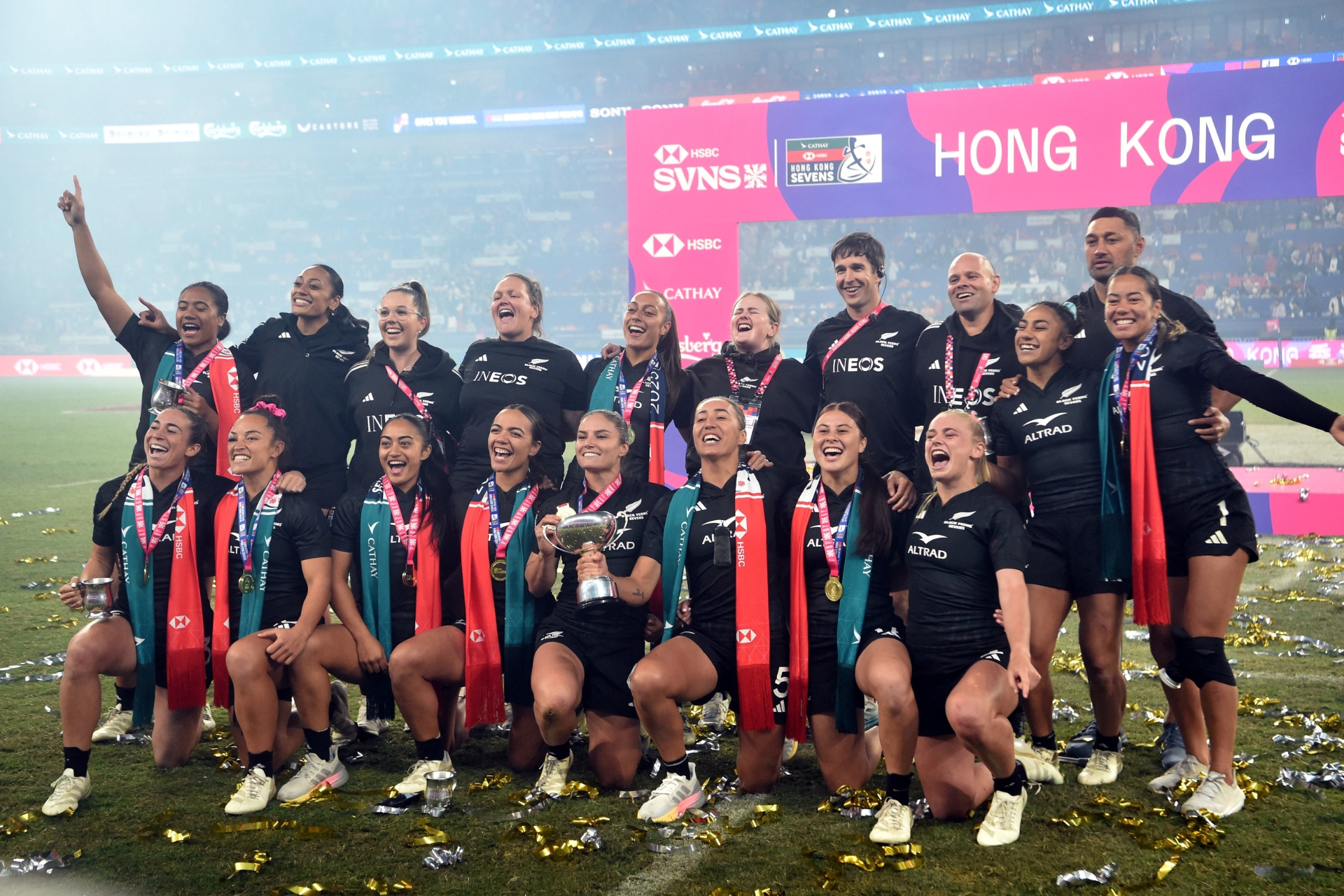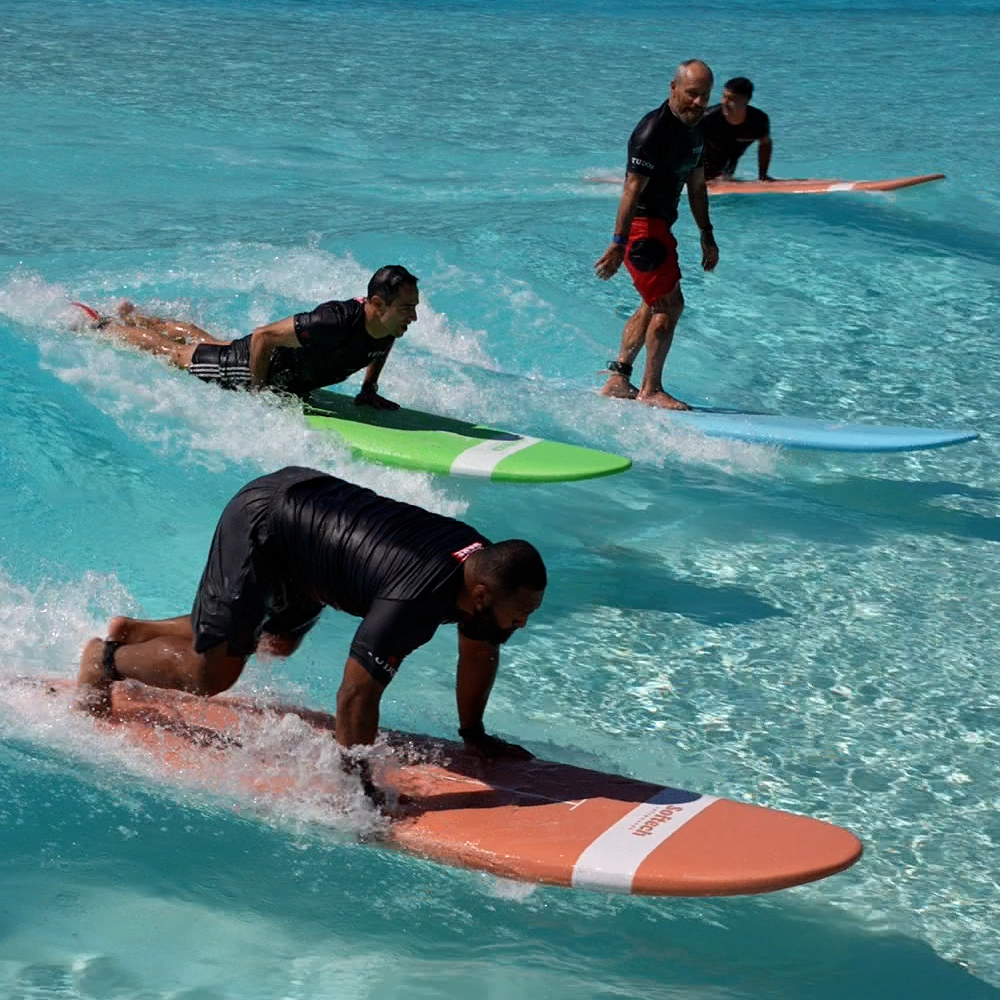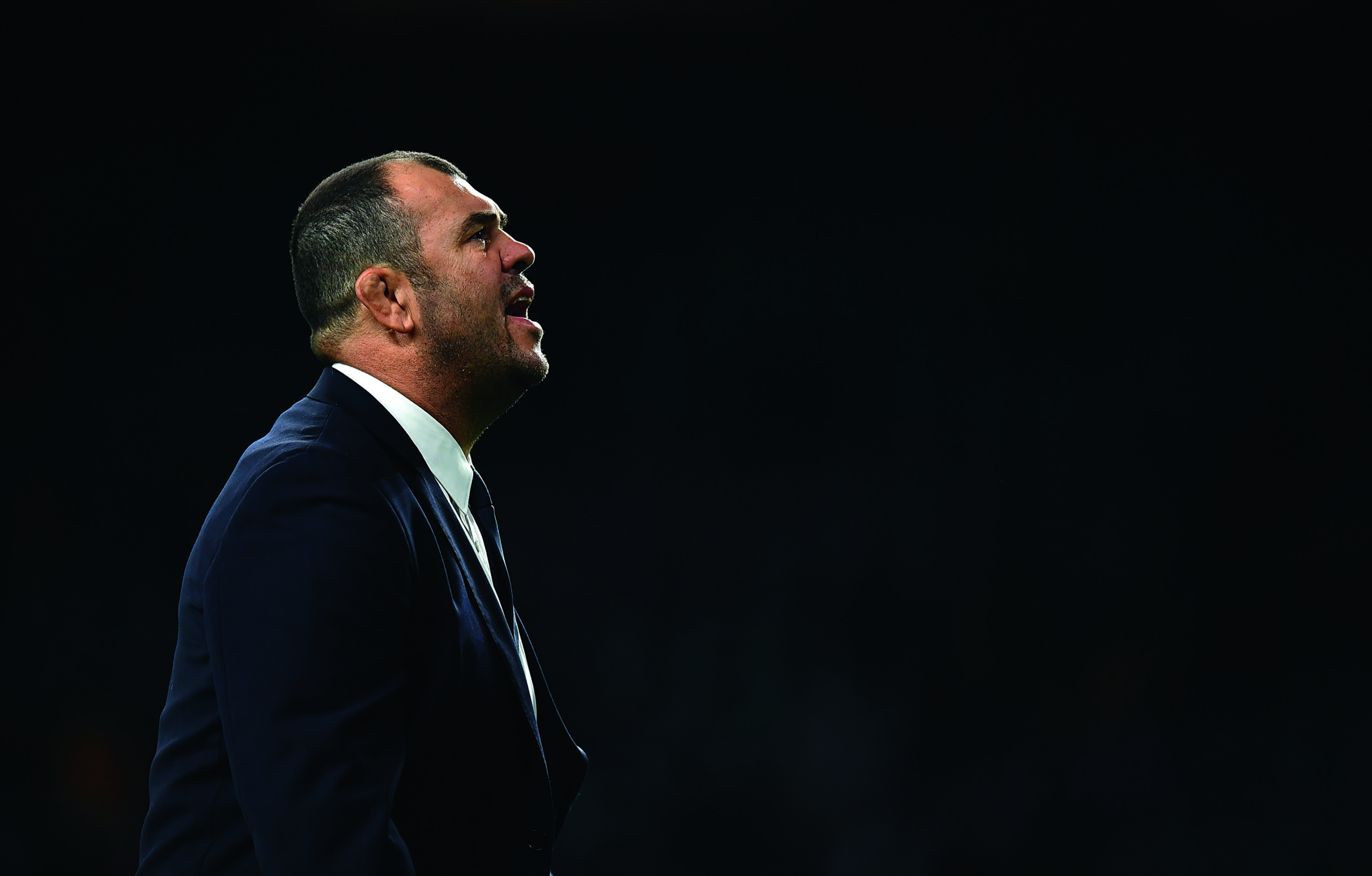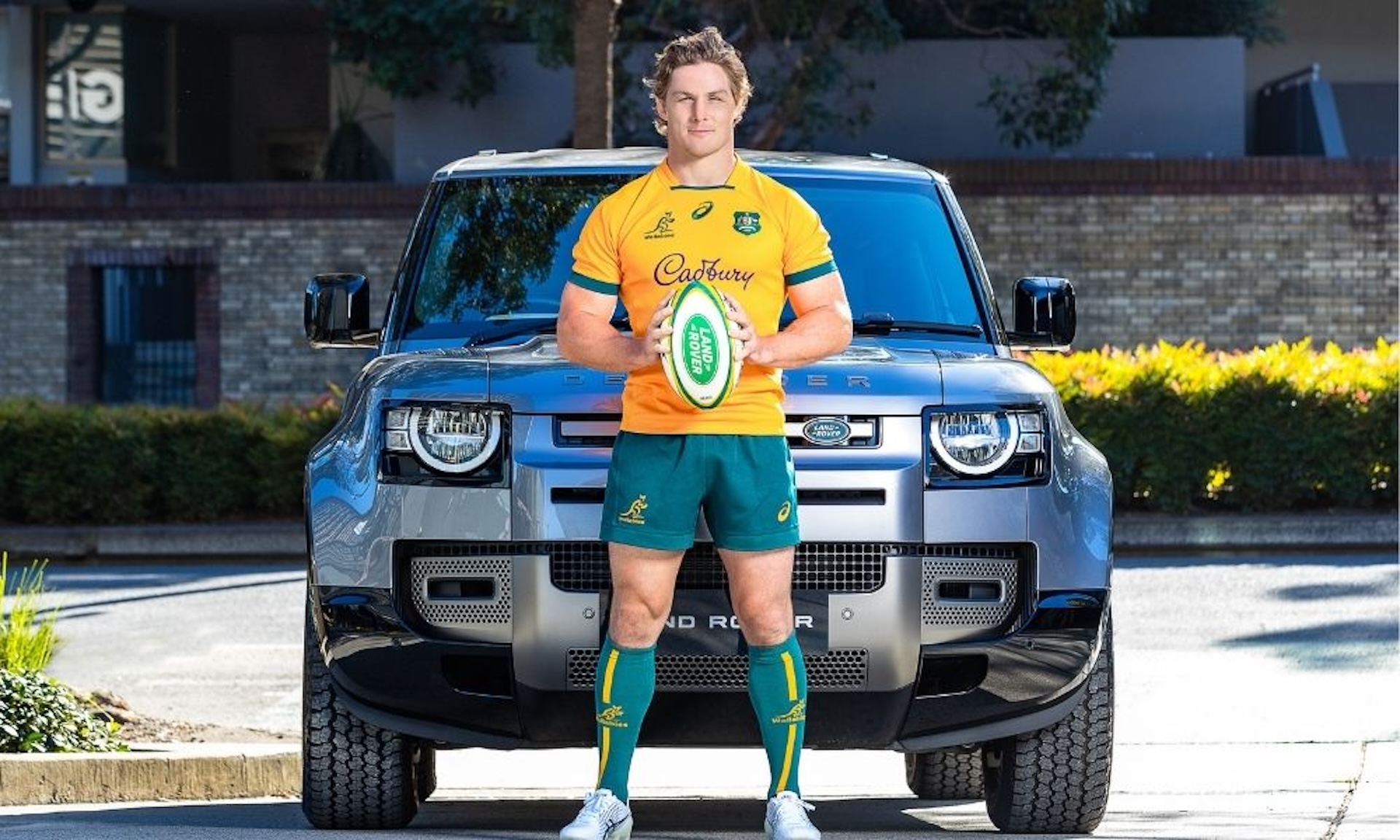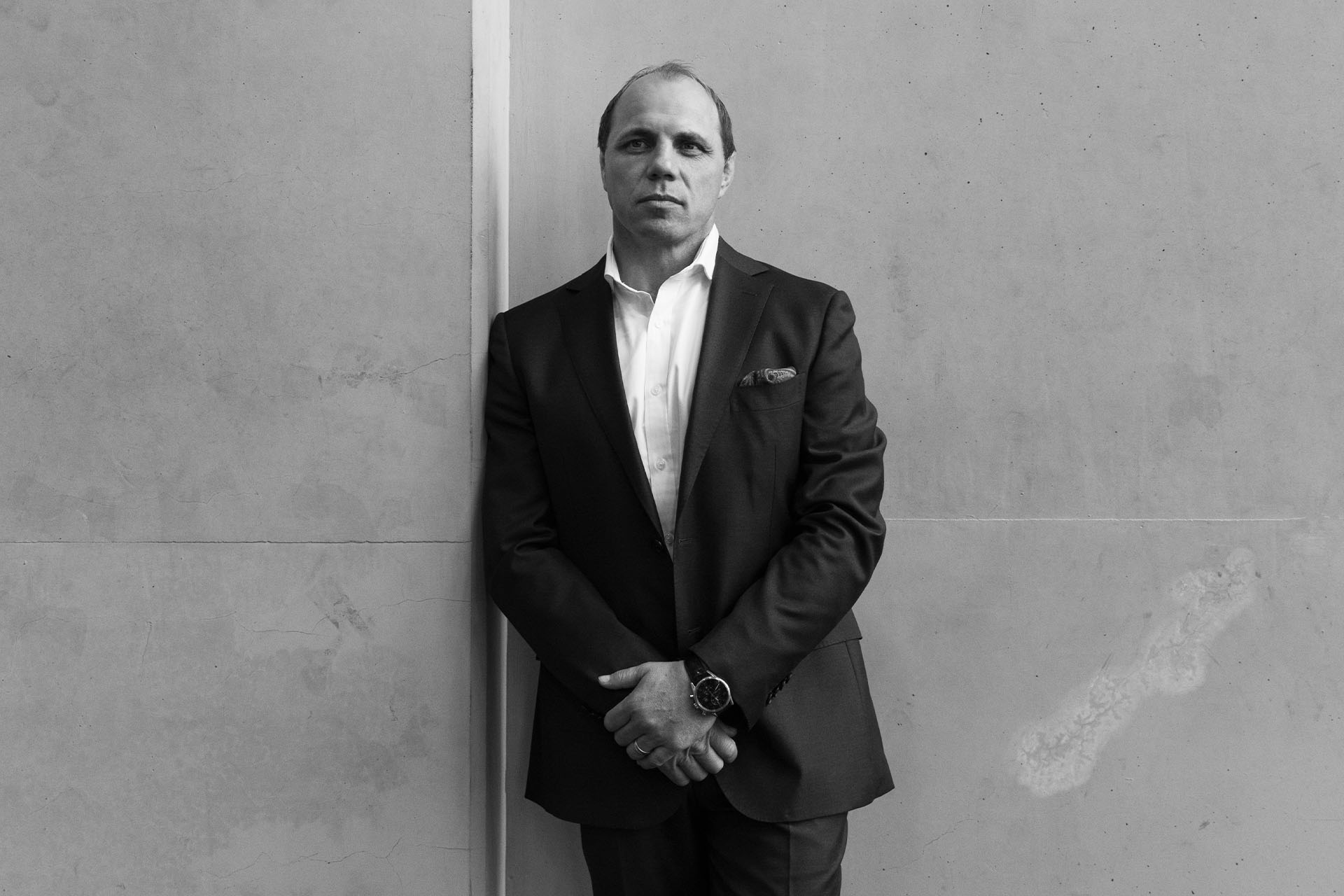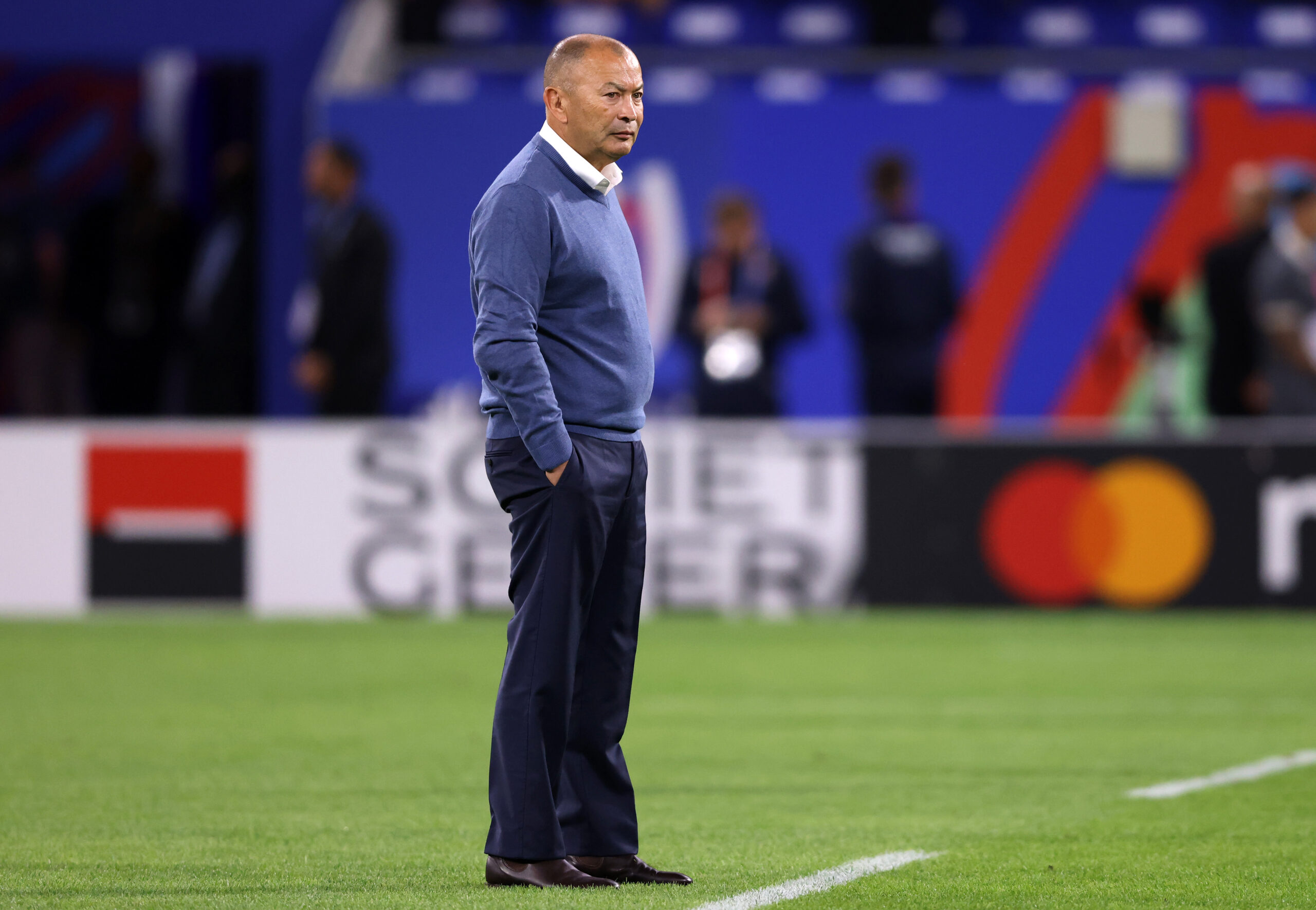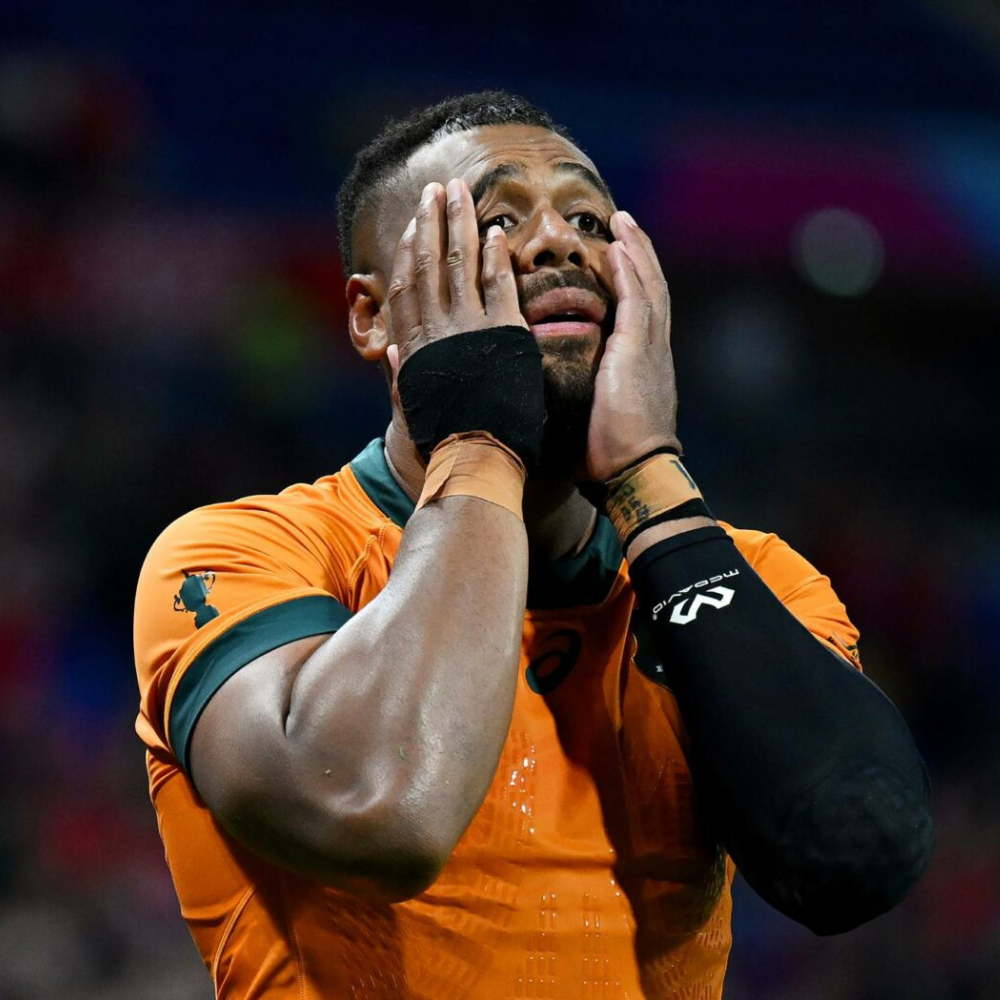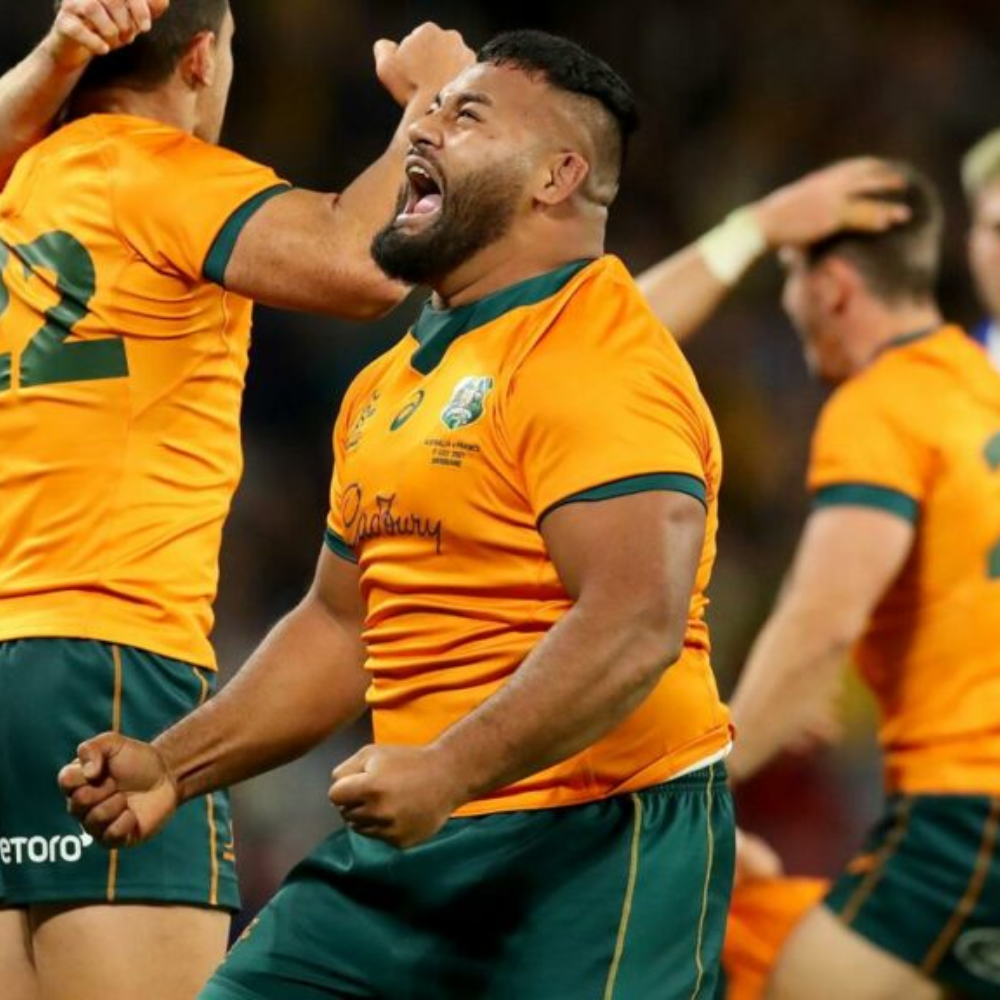Beauden Barrett is a man of many talents
It takes more than physical gifts and a deft touch to tally 131 appearances for the world-beating All Blacks. Indeed, there isn’t much Beauden Barrett doesn’t excel at – surfing included
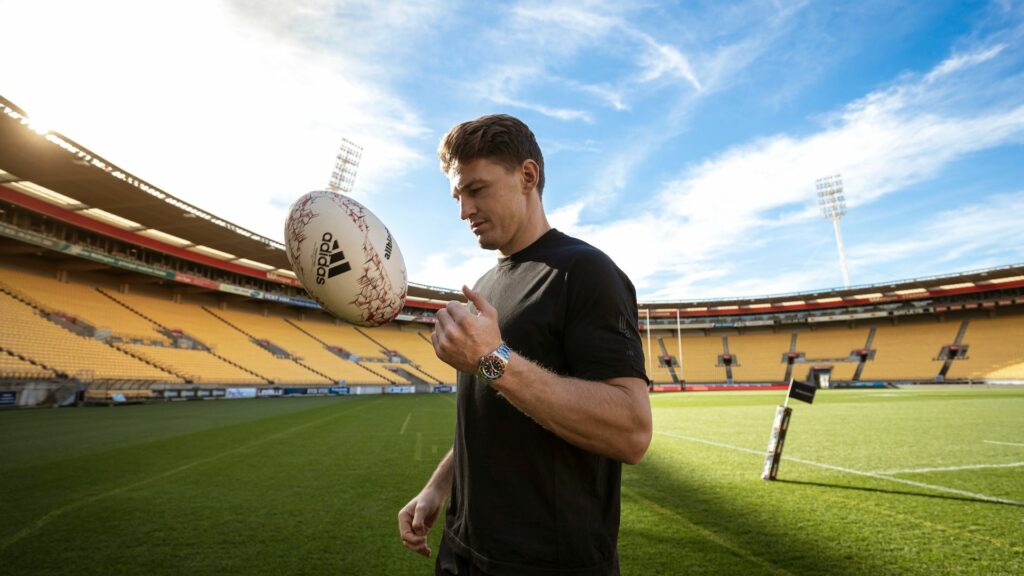
“MY BROTHER SCOTT’S the surfer in the family” is Beauden Barrett’s response when I ask him if he’s any good on a board. “I love the water because I grew up on the coast around Taranaki, but on the longboard, I’d be happy if I was able to get up.”
Barrett is as humble as they come, so I assume that he’s downplaying his skills, at least a little. A few days later, I see that I’m correct in my assumption when, with Barrett and a half-dozen other All Blacks, I visit URBNSURF Sydney, a high-tech wave pool in Homebush. After a shaky start in the breakers close to the edge, Barrett quickly moves further out and is popping up with ease. Should anyone be surprised? Probably not. The ability to handle anything thrown at him is Barrett’s trademark.
Barrett lives an itinerant lifestyle. He spent the tail end of 2023 in France for the Rugby World Cup and the past nine months in Japan, plying his trade with Toyota Verblitz in Japan’s Rugby League One. When I first meet the World Cup champion and two-time IRB Rugby Player of the Year, it’s in a hotel in Sydney’s eastern suburbs, where Barrett has just wrapped up a recovery session in preparation for the All Blacks’ first Bledisloe Cup clash against the Wallabies.
Fresh out of an ice bath and sauna, Barrett is dressed as you’d expect – in a baggy hoodie and tracksuit pants. The only outlier in his laidback get-up is the glistening Tudor watch on his wrist – a Black Bay Chronograph with a steel bracelet. This is Barrett’s first – and favourite – Tudor watch, and he’s a staunch admirer of the watchmaker’s craftsmanship. “I’ve managed to go to Geneva and see how they’re built,” he says. “The detail and craft that go into it are so impressive.”
Barrett embodies Tudor’s slogan, ‘Born to Dare’. As an athlete, he’s had to be prepared to take risks to reach the apex of his sport. Throughout his career, he’s been willing to reinvent himself time and again while learning new skills and taking on more responsibility.
Barrett began stocking skills in his childhood. The son of former Super Rugby flanker Kevin Barrett – who was quoted as saying, “I’m off to breed some All Blacks” shortly before retiring – Beauden has seven siblings and grew up on a farm near Pungarehu on the southwest coast of New Zealand’s North Island. This upbringing, he says, started him on his journey to becoming a rugby player.
“I think that rural childhood naturally comes with a few qualities that helped me on the field, like a good work ethic and strong character,” Barrett says. “Watching Dad play for the Hurricanes and Taranaki gave us something to aspire to, and at that time every young Kiwi kid wanted to play for the All Blacks.”
Barrett’s siblings held similar dreams. Younger brother Scott is now the All Blacks’ captain, while youngest brother Jordie has made more than 50 appearances for the national side. While it’s reasonable to suggest that the Barretts’ upbringing played a part in deciding their futures, Beauden insists nothing was inevitable. “We weren’t destined to all be here, but here we are,” he says. “Three out of five boys is a good rate, though.”
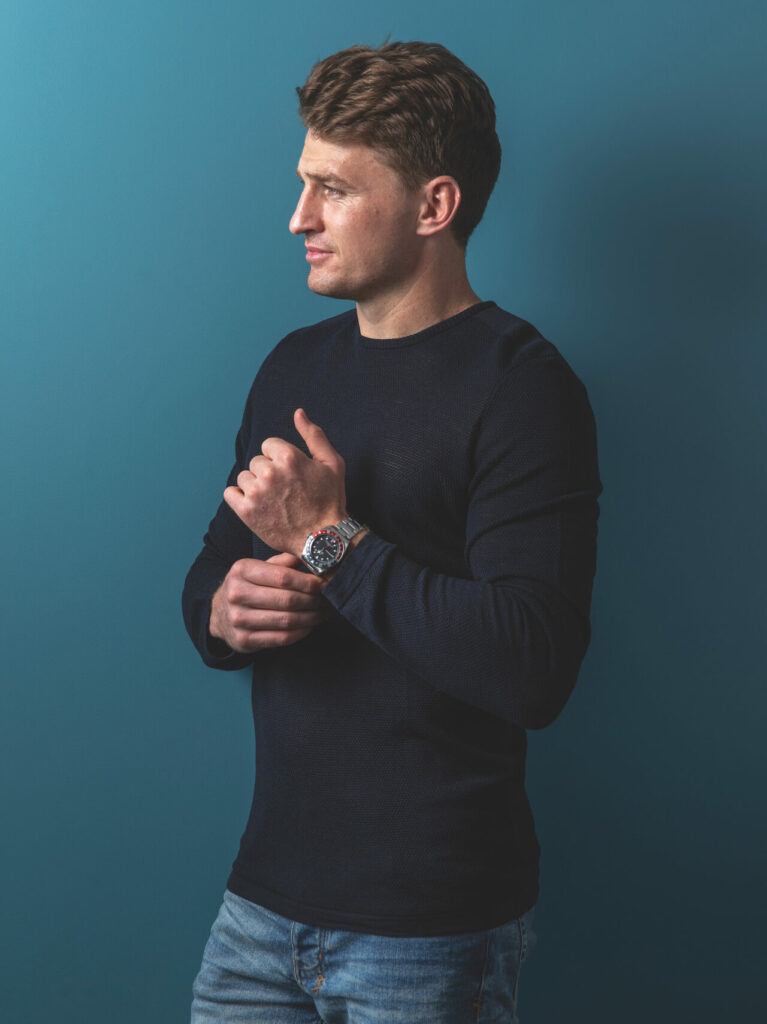
When Barrett’s family moved to Ireland in 2000, he took an interest in Gaelic football. He started playing in school and soon stood out, but after moving back to New Zealand, opportunities to continue playing the code were scarce to non-existent. Keen to map out his future after leaving school, Barrett considered moving to Australia to pursue a career in the AFL.
“At the time, I knew someone who had connections in Melbourne and was looking for a New Zealander to go over and have a go. I was genuinely interested. I was going to study for a year or two at university and play,” Barrett explains. “Not long after I left school, I ended up making the New Zealand rugby sevens squad, and that was the end of my AFL career.” No doubt, Aussies who’ve watched Barrett embarrass the Wallabies for the last decade will wish he had chosen differently.
Focused on rugby, Barrett quickly made a name for himself in New Zealand’s provincial competition and soon after made his first Super Rugby appearance, attracting the attention of All Blacks selectors. In June 2012, he made his Test debut, coming off the bench in a 60-0 rout of Ireland in Hamilton that remains the Wolfhounds’ heaviest loss.
Barrett can clearly recall his first All Blacks outing; surprisingly, the bulk of his nerves at the time didn’t pertain to his footballing performance. “I remember driving to the game on the team bus and literally watching YouTube videos on the haka because I was more nervous about mucking that up than I was about playing,” he says. “Eventually, I got off the bench and I remember feeling super human. It was something I’d never felt before. But once I put on that jersey, I wanted another taste of it and had to feel that more and more.”
Over the next three years, Barrett worked his way towards cementing a place in the All Blacks squad, culminating in his selection in the 2015 side that won the World Cup in England. It was in the final that Barrett truly announced himself as a superstar, scoring the match-clinching try in the dying moments and sinking the hearts of Wallabies fans everywhere. Following that event, Barrett established himself as the world’s best rugby player, winning the IRB’s top honour for player of the year in both 2016 and 2017.
More recently, the All Blacks’ stocks have taken something of a hit. They’re no longer the unbeatable outfit they once were, finishing third at the 2019 World Cup and runners-up last year. Now they’re rebuilding, with former international Scott Robertson having taken over as coach late last year.
Recently, Barrett has been in and out of the new-look All Blacks squad and rotated between the fullback and fly-half positions. A veteran at 33, he’s had to modify his playing style and take on more responsibility to suit the needs of the squad. That’s meant becoming a mentor to the All Blacks’ younger players – a crucial role, Barrett believes. “It’s important to be there for them and share guidance on anything on or off the field,” he says. “I often remind myself of how I felt when I was a young player and what I needed in terms of support.”
Those memories are bittersweet for Barrett, because empathetic support is not something he feels he received from his former teammates back in the day. “It was a different generation back then and it was a fairly daunting team to come into in 2012. We had to really earn their respect.”
A spot in the All Blacks squad is always tenuous. To maintain his place, Barrett has had to keep adding new skills to his repertoire and perform in the big moments. A week after our URBNSURF outing, he is back in the All Blacks lineup for the second Bledisloe Cup Test, in Wellington, after missing the first with illness. He starts at fly-half and seizes his opportunity to show that he still belongs – and that retirement will have to wait. Clinically controlling the game from start to finish, he hits Caleb Clarke with a pinpoint pass for an early try, is involved in two others and is a constant threat with his boot as the All Blacks come away with a 33-13 victory, having already retained the Bledisloe Cup for the 22nd consecutive year.
While the vintage performance has probably safeguarded Barrett’s place for the time being, you do have to wonder if retirement is on the horizon. I’d best let him answer that: “When you’re in this environment, you never really think about when it’s time to leave or when the last time you’ll get that winning feeling is. You just want to keep fighting to get better so you can keep on improving and contributing. I’ll be doing that for as long as I can.”
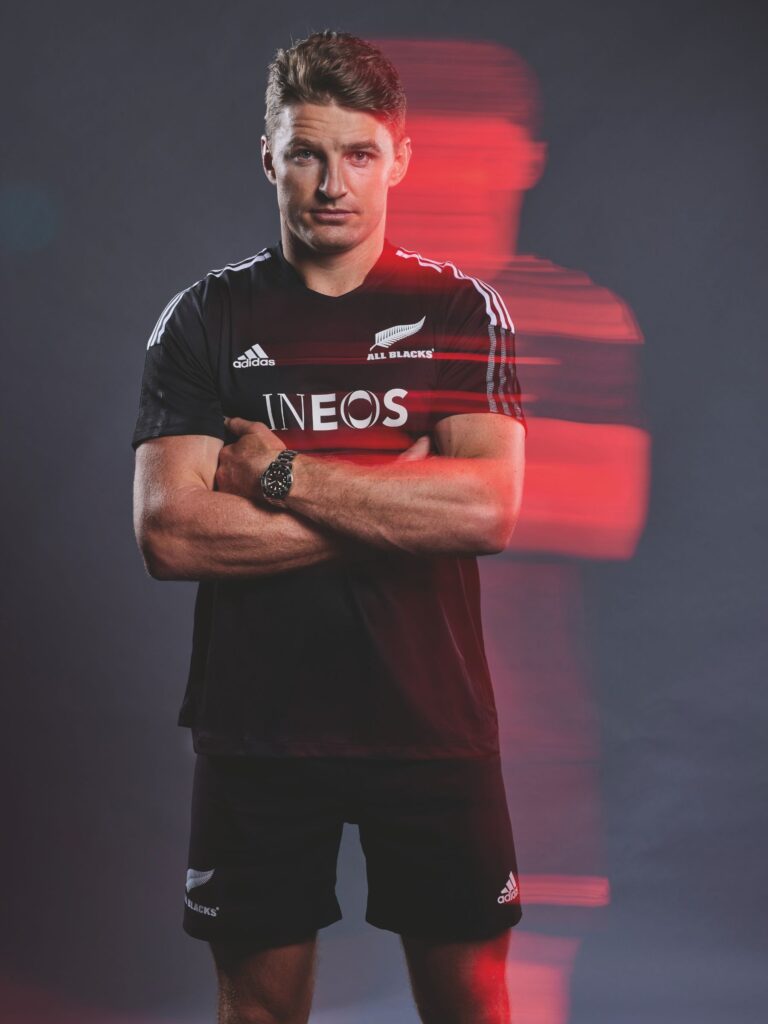
Related:
Does Australia have too many sports?
Could the fierce battle among Australia’s footy codes be holding us back as a sporting nation?












